Raising an emotionally intelligent child as a parent is of great importance to me. If one were to ask me that one skill that I would want my child to develop, the answer is simply “emotional intelligence”.
The ability of a person is founded at an early age. That is why early childhood development is significant. The manner of the child’s upbringing influences his/her points of view as an adult and that is why raising an emotionally intelligent child from a young age is so important.
Each child is unique, but concepts like mannerisms and attitudes have a universal view between right and wrong. To guide parents like you we will be addressing the main concerns of emotional intelligence or EQ development.
What is Emotional Intelligence or EQ in Children?
The “Q” stands for “quotient’,” similar to the usage of “IQ” but the abbreviation “EQ” already means the measure of emotional intelligence. Therefore, for simplicity, the “quotient” is conveniently omitted when the term is used. Phrases such as kids EQ, EQ for children, social intelligence for kids are synonyms for emotional intelligence and used widely in general discussions.
What is emotional intelligence in children? Emotional intelligence (also known as EQ) refers to the recognition of emotions, understanding their nature, and the methods of managing them (1). The term applies to all ages but usually, the measurement is developed during childhood. This is a necessity that is often ignored due to the tradition of the people responsible.
Can You Teach Emotional Intelligence to a Child?
YES, you can teach your child emotional intelligence similar to how you could instil a growth mindset. A child is at the mercy of his/her parents’ style of upbringing. Parents can be one of four types:
- Dismissive parents
These are parents who handle the child’s emotion and don’t cater to them by eliminating its (emotion) existence.
- Disapproving parents
These are parents that contradict the child’s emotions through punishment or other negative methods.
- Laissez-faire parents
These are parents who are so tolerant that they cannot help their child’s handle emotions.
- Ultra parents
These are parents who coach their children about emotions. The term ‘coach’ is appropriate since the child is given an allowance to discover their emotions, and the parents are there to guide them.
Out of these four types of parents, only one of them raises the child’s emotional intelligence (2). They seek the proper approach for the child so that he/she may grow into a responsible adult. Emotional intelligence can be taught and cultivated, if only you aspire to be one of the “ultra parents.”
However, if you think about it, how does a set of parents become “ultra parents” or emotion coaches? This may feel difficult since not all parents would have been trained with EQ as the primary focus. But to adapt, the parents must recognize the benefits of having an emotionally intelligent child and the potential they can bring to society.
Benefits of Emotional Intelligence for a Child
Well, let’s now try to understand the benefits of emotional intelligence, how EQ can help your child. Emotions are one of the critical elements that make us living organisms. Compared to other creatures, we are the ones capable of managing emotions through our intelligence. Therefore emotional intelligence helps us live better than animals and lets us be capable of commanding the environment rather than being followers of urges. Children with a higher EQ are grateful and resilient.
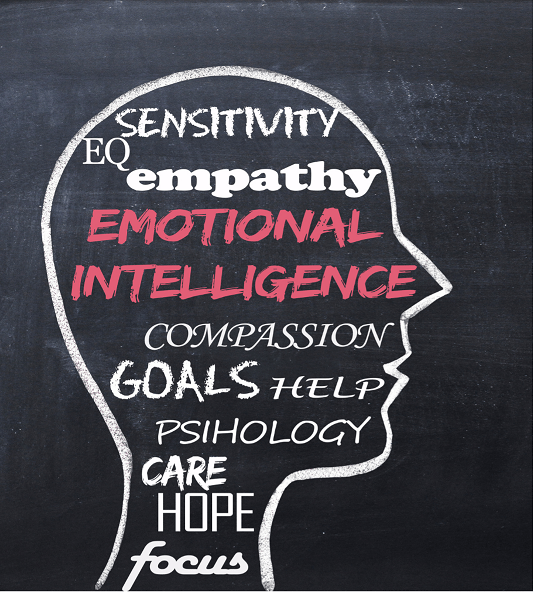
According to studies, EQ is a much better factor of judgment for success compared to IQ. Although it may sound obvious, children who are trained to check on their emotions are more likely to be successful in managing them when they are approaching adulthood (3).
In summary, contentment and order are the main benefits of emotional intelligence. Most who committed crimes are those who cannot control their urges. Even adult issues like depression, fatigue, anger management, lust, and vices are attributed to the lack of supervision of emotions
Emotional Child
The ability of a child to regulate big emotions for example when they feel overwhelmed by anger, stress or fear is dependent on development and age. It is important for kids to learn to engage with their emotions and regulate them. Although over time kids learn to manage their emotions there are ways to teach your kid to cultivate emotional awareness.
Emotional Intelligence: Examples Displayed by Kids
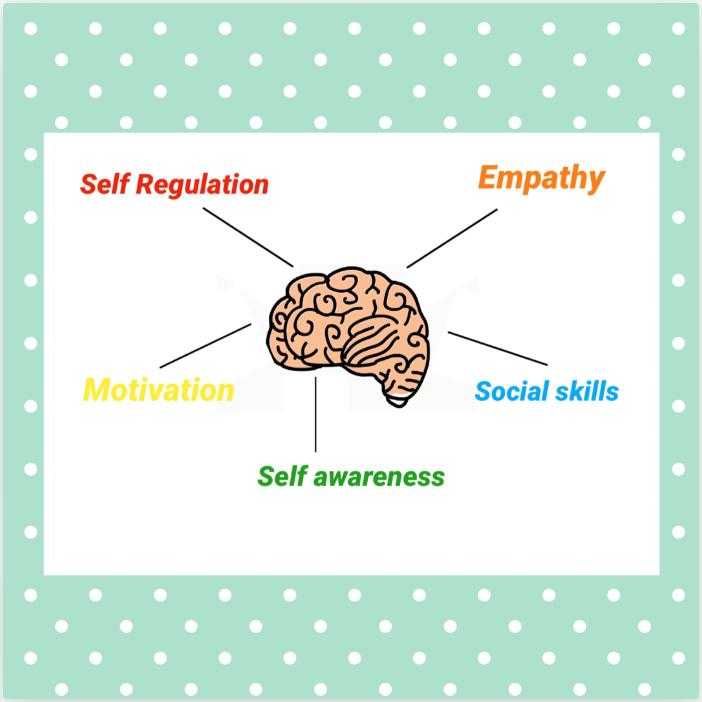
Here are some examples we can relate to that will help us appreciate the importance of emotional intelligence:
- Eloquence of expression
Kids are able to channel their emotions without causing trouble. Whether they are loud or quiet they express through harmless mediums like a literary piece, a song, an artwork or a performance, when conversations are inapplicable.
- Listening to others
Kids develop listening skills that cultivate respect for the individuals involved in the conversation. Also, through listening, they learn appropriateness and practice proper manners when a situation arises.
Certain situations can bring complexity to the kids’ understanding of what they are feeling. If they are going through confusion, kids with advanced emotional intelligence can take some steps before rushing to conclusions.
Above are some emotional intelligence examples that you might have encountered. Even if the goal is right and fitting, the tasks are not that simple. Every kid has its personality, and the parents also have a varied level of understanding. It is essential to at least practice the basic steps to develop your child’s EQ.
The 5 Core Emotions
The starting point to Emotional Intelligence and Empathy is to identify and understand emotions. There are believed to be 5 core emotions; Happy, Sad, Scared, Angry and Shame. All other feelings can fall under these core emotions as descriptors. Discussing the core emotions and different levels of feelings is important.
You can make up hypothetical situations to start them thinking about their emotions in various situations. They may be able to relate it to real situations they have experienced.
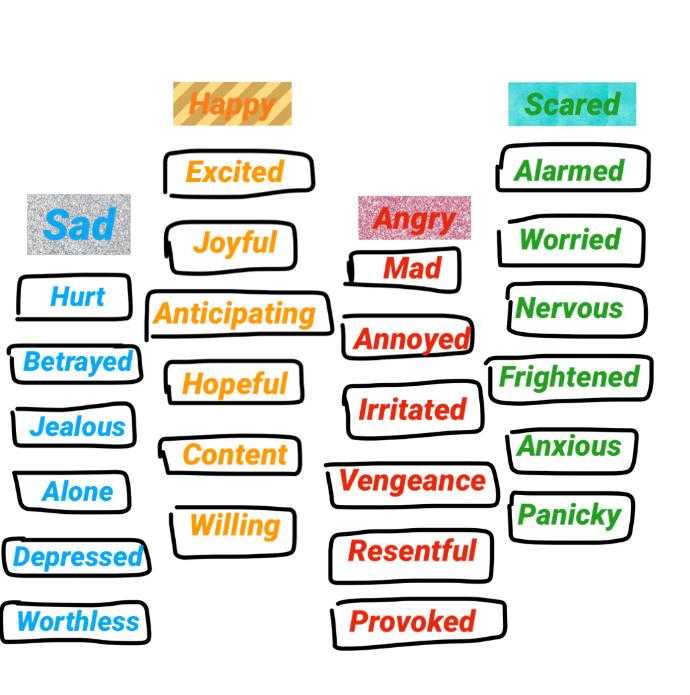
Emotional Intelligence: Identifying Emotions
Ways to Cultivate Emotional Intelligence Traits in a Child
Here are some ways to build emotional intelligence. It is important to follow a structured approach to teaching emotional intelligence to your kids. According to Dr Gottman, a renowned researcher in EQ, there are five steps in emotion coaching. He didn’t force any parent to complete all of them because of the difficulty it brings. He emphasized that there has to be no guilt felt if parents failed to practice them all the time (3).
From the book “Raising an Emotionally Intelligent Child”:
The children were better at soothing themselves when they were upset. They could calm down their hearts faster. They were better at focusing attention. They related better to other people, even in the tough social situations they encountered in middle childhood like getting teased, where being overly emotional is a liability, not an asset. They were better at understanding people. They had better friendships with other children. They were also better at situations in school that required academic performance. In short, they had developed a kind of “IQ” that is about people and the world of feelings, or emotional intelligence.
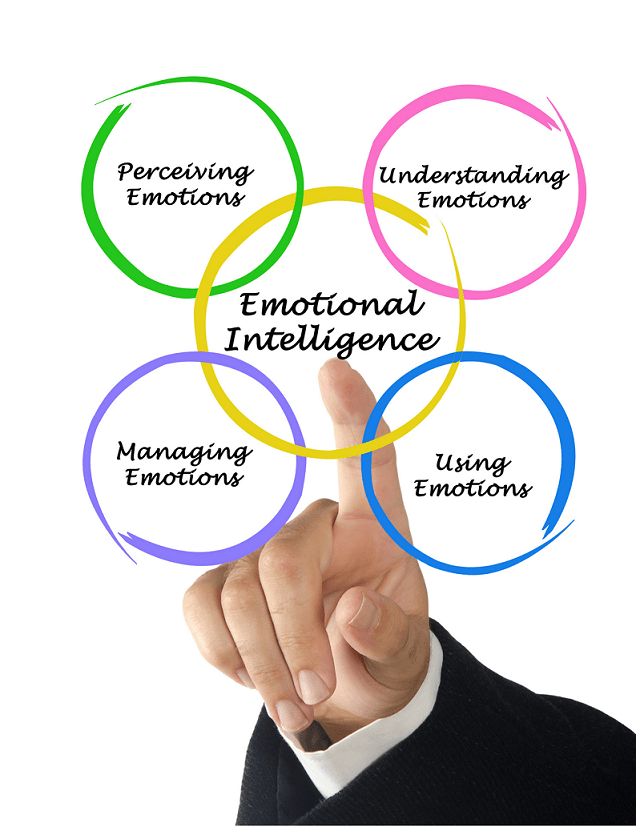
Step 1: Awareness of the Child’s Emotions
A parent may not wait for a child to speak out how he/she feels. A parent has to read the cues and indications while starting to analyze what the child is feeling at the moment. One may infer from their own experiences, but being level-headed must be practised here.
How you were brought up by your parents are likely to be the same methods you might be resorting to. The chances are that it may not work. You need to develop your sensitivity to have increased awareness, or otherwise, the child might grow up justifying a wrong action based on just an emotion.
Step 2: Make Emotion an Opportunity for Learning and Communication
Once you develop that increased awareness, you can finally connect with your child over something in common – his/her emotion. At this point, the child will be hearing your words as a parent and believe everything you offered to him/her.
Naturally, tantrums can be displayed by the child. This has to be a stressful phase because this is where you choose to become an emotion coaching parent rather than being dismissive, disapproving, or laissez-faire. It is easy to neglect this opportunity since you will be passively thinking that it will just keep on repeating.
However, if you take it as a learning opportunity for him/her, the chances are that he/she will learn to understand the emotion better and self-management can be quickly exercised. The child will also remember that communicating to you with the current unexplained feeling can help fix the problem.
Step 3: Practice Listening and Validation
Even though you have pre-conceived solutions in your mind, the situation is not about you. You might fully know how your child feels since you felt and understood it before, but now you will be one in-charge of imparting that wisdom.
Your words can be fully appreciated; you have to let the child speak for himself/herself. The more you listen to them, the more they can get comfortable expressing themselves.
And once that expression is made, show some validation that you are invested, and you want to help resolve the issue (2). Your mannerisms can be a great indicator of what you are conveying while both of you are communicating. This is where the child learns empathy through the actions you’ve displayed.
Step 4: Identify the Emotion
At this point, this will be your turn to speak. For a child’s understanding, assigning a label to that emotion he/she has is essential for future encounters. He/she can identify that emotion the next time the situation arises and remember what you were saying about it during your conversation.
Usage of words is critical, and the level of being relatable can push your boundaries as a communicator. Your goal is to establish a list or a vocabulary of the different emotions with utmost simplicity, if possible (1).
Step 5: Guide the Child in Solving the Problem within His / Her Boundaries
That being said; this is the time for you to let his/her grow. You have to establish that whatever emotion your child is having doesn’t necessarily translate to the display of behaviour (2). The concept of ‘consequences’ must be slowly taught here.
Your parenting style will kick in here. You may be an emotional coaching parent, but the different cultures, tradition and your method play a factor in the help you are giving to the child. Any non-beneficial action for the child will devalue you into being one of the three undesired types of parents.
The child will slowly understand bold concepts like ‘goals, ‘ ‘rules,’ ‘patterns,’ and more. Of course, be mindful of your words because when the child is growing, your actions will speak more volume to him/her and thus nullifying all your previous efforts.
EQ Vs IQ
EQ Vs IQ – What is more important? Have a look at the comparison
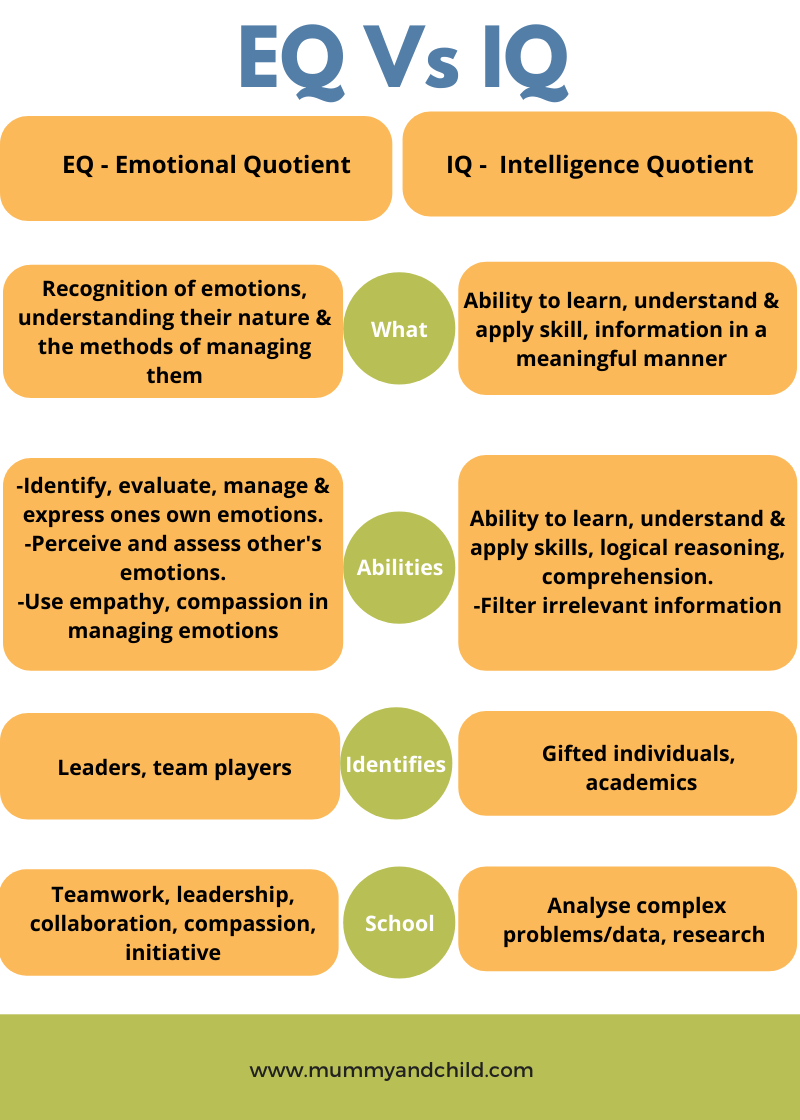
Development through Emotional Intelligence Books, Toys and Games
Developing emotional intelligence skills from a young age through the use of toys, books and games is fun and interesting. You don’t have to wait for something to happen to your child for him/her to learn. That is why stories are compelling because you can put them into scenarios without the risk. There are several activities where you can develop your child’s emotional intelligence traits. They can be in the form of games, toys or books.
Emotional Intelligence Games for Children
Exploring various emotions can be done through games. With this activity, a child can develop specific management methods to reach the goal of winning the game.
● “Simon Says…” Game
This game uses a friendly approach to directing authority. Not only will the child learn to listen, but he/she can exercise his/her memory about the emotion felt before. The game can be modified to focus on familiarization of each emotion’s facial cues and hope to further the ability of the child to read them (1).
● Fox and the Rabbit
This game is a ball relay done in circles. Two balls are used; one representing the rabbit and the other is the fox. The goal is that the fox ball has to be passed around in circles until it reaches the person holding the rabbit ball.
The rabbit ball, of course, is also passed around in the opposite direction. The game restarts when one kid receives both balls. The goal here is to exercise judgment in split-decision moments (1).
Emotional Intelligence Toys for Children
Toys can be outlets of emotions for a child if the presence of another individual prevents them from expressing their emotions.
● Jar of Feelings
The ‘Feelings’ jar is a toy that is more of a tool for a game. This aims to test the kid’s ability to act out different emotions depending on what word they picked from the jar. As they act out the retention of familiar facial cues is exercised (1).
● Plush Toys
Plush toys are an ideal outlet for any outburst of emotion. Kids can exercise their display of emotions initially with an object that absorbs all of them. With this, they may apply their ability to regulate their emotions.
Emotional Intelligence Books for Children
These emotional intelligence books have specific purposes. One can be intended to use for storytelling and the other as a guide for parents. These are made by experts who invested in the exploration of EQ tools.
● Happyland by Dan Taccarino
This set of children’s books utilize simple drawings, friendly-looking characters and bold colours to tell relatable stories each with different morals. What makes them different from other children’s books is that the Happyland books highlight the dialogue exchange between the parent and child while practicing empathy (4).
● Peaceful Parent, Happy Kids by Dr. Laura Markham
This guide aims to build confidence for parents in developing their kid’s emotional intelligence. It contains a practical approach and useful tips. It also comes with a workbook so that you can also track your progress (5).
● Raising an Emotionally Intelligent Child by John Gottman
Raising an Emotionally Intelligent Child is John Gottman’s groundbreaking guide to teaching children to understand and regulate their emotional world. Intelligence That Comes from the Heart
Self-Esteem and Confidence Journal
The Self-Esteem and Confidence Journal is for children, based on scientifically proven methods that promote happiness, confidence, resilience, optimism, pride and gratitude.
You can grab our very own Self-Esteem and Confidence journal for kids. Complete a few pages each day.
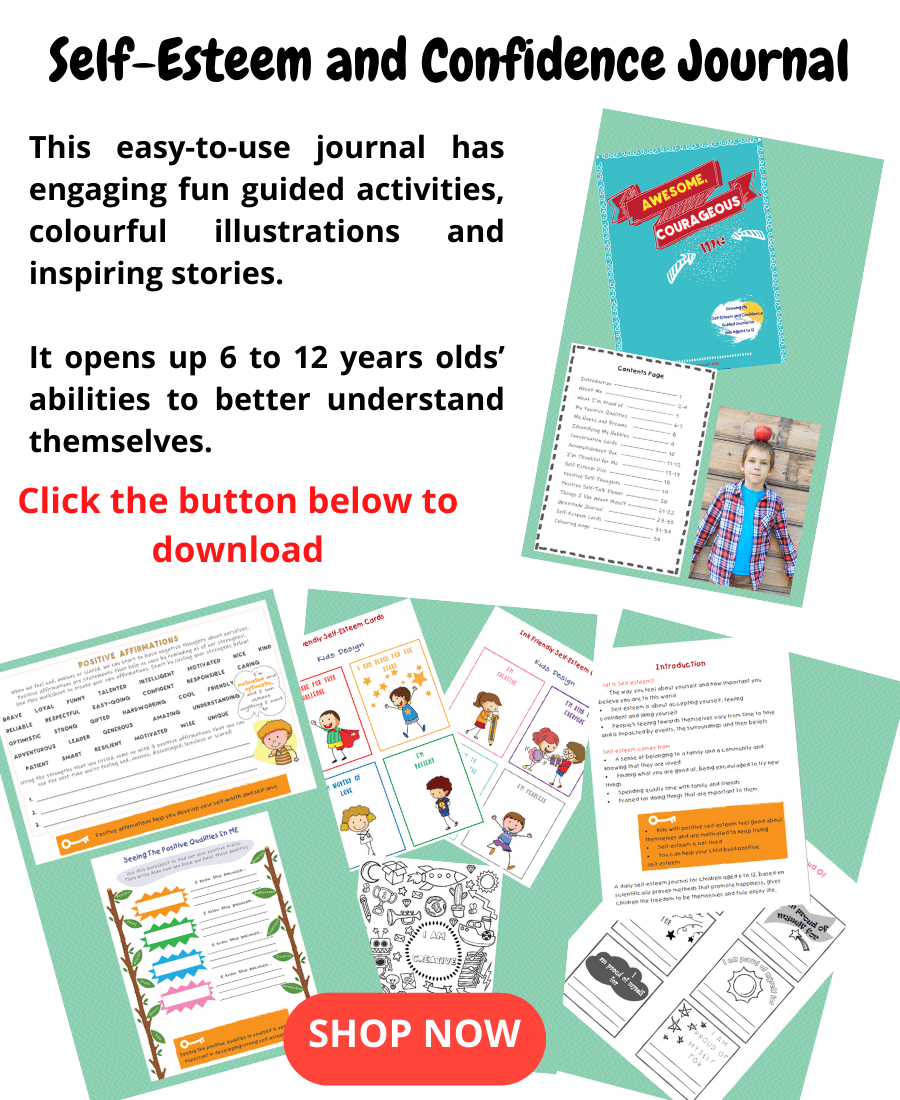
Check out the Growth mindset puzzle for kids
This puzzle is designed to help develop a growth mindset in kids and teach them a key life skill. Check this out by clicking the image below.
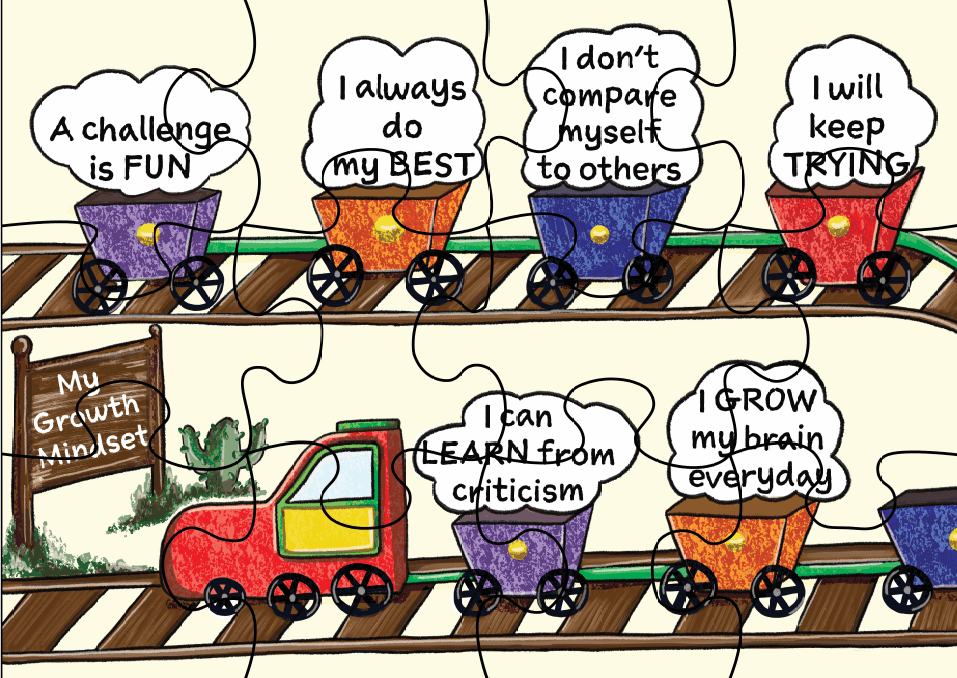
Conclusion
Emotional intelligence for kids can be nurtured and cultivated. All of us are brought up from different times and now walk on different paths. Whatever we are accustomed to there is a universal right and wrong and that is how emotions are patterned. If a child grows up failing to recognize or understand his/her feelings there might be a conflict on that universal balance.
It all starts with you, the parents, to be open-minded about the child’s needs and what he/she will become. It is not easy and that is why you need to practice proven methods and use tested tools on how to develop emotional intelligence in a child.
Do you want to instil a healthy mind in your child or make your child emotionally strong? Check out my articles:
100 positive affirmations to instil a growth mindset
7 Great tips to raise a strong-willed child
Check out this emotion wheel that will help your child identify their emotions
References:
- Catherine Moore, MBA, Is Emotional Intelligence Relevant for Kids?, 2020 March. Link here
- This Is How To Raise Emotionally Intelligent Kids: 5 Secrets From Research, Bakadesuyo, 2018. Link here
- Gottman Institute, How to Strengthen Your Child’s Emotional Intelligence, 2017 June. Link here
- Dan Yaccarino, How Board Books Help Kids Develop Emotional Intelligence. Link here
- Books to Help Kids Develop Emotional Intelligence, Aha! Parenting. Link here


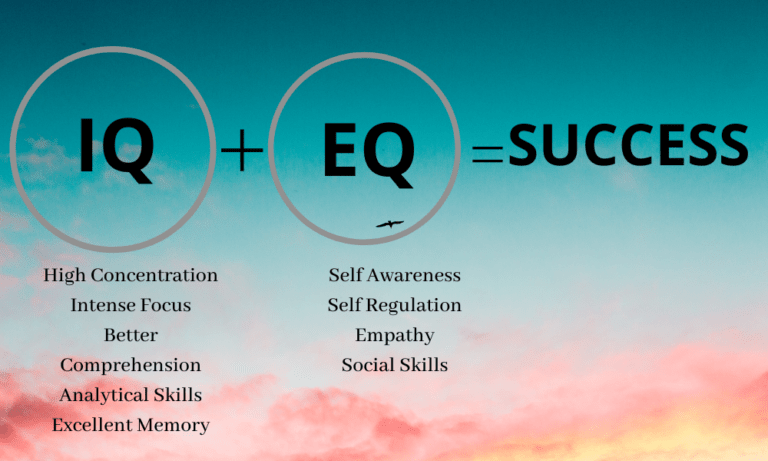
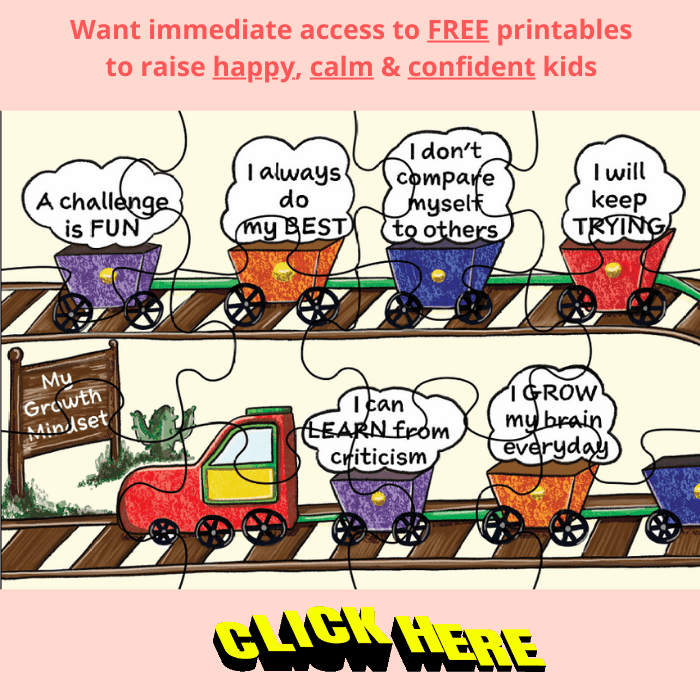
Comments are closed.